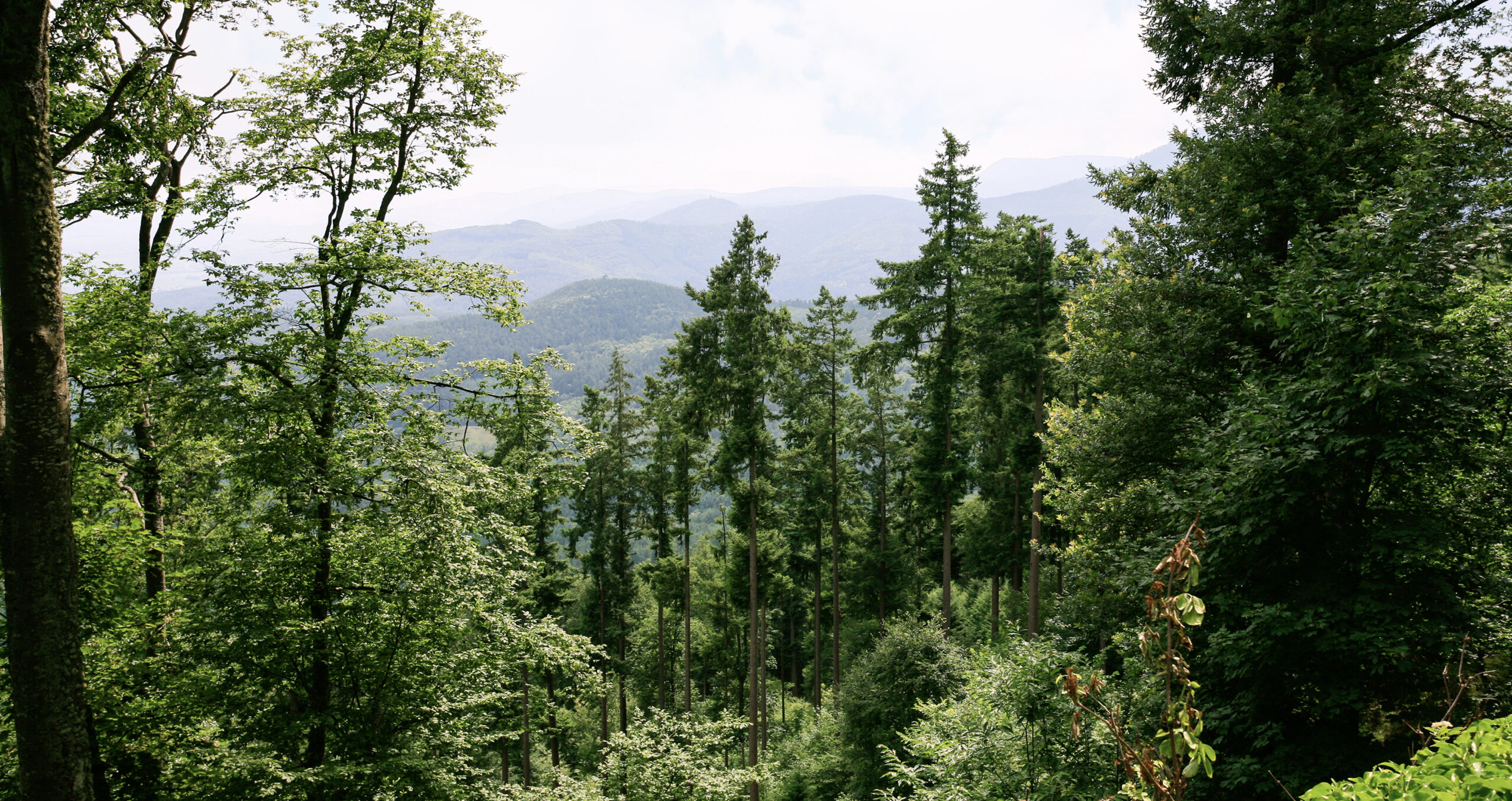
Editor’s note: EU Green Deal in jeopardy as MEPs vote on nature law

The latest edition of our Sustainable Views newsletter.
Dear Reader,
Just like the thermostat, tensions are high in Brussels and Strasbourg today as members of the European parliament vote on the controversial Nature Restoration Law, aimed at setting a target to restore at least 20 per cent of the EU’s degraded ecosystems by 2030.
CEOs and executives from more than 80 companies have signed a letter urging the EU to “uphold, strengthen and enforce existing environmental legislation to address the nature and climate crises together”. Renewable energy organisations, including wind power companies from across Europe, have backed the bill. Yet, the centre-right European People’s party grouping in the parliament continues to insist the law would harm the growth of clean energy, local communities and, in particular, farmers.
Climate activist Greta Thunberg and farm lobby representatives Copa Cogeca were out protesting in front of the EU parliament in Strasbourg yesterday, and today’s vote is likely to be tight. It is not just the Nature Restoration Law that is at stake, but the EU’s wider green ambitions. A win today for the EPP will bode ill for the European Commission’s other proposals to protect nature and make the EU’s soils and trees carbon sinks and more resilient to the extreme weather events wrought by a warming world.
Indeed, EU climate commissioner Frans Timmermans has warned it will be “almost impossible” to reach the EU’s climate goals without the Nature Restoration Law, insisting that all the other Green Deal proposals hinge on the adoption of the bill.
Centre-right MEPs are already buoyed by their success on Tuesday, when a majority of MEPs voted against attempts by EU governments and the commission to broaden the EU Industrial Emissions Directive and bring big polluting farms under the regulation. Data from the European Environment Agency shows the livestock sector accounts for 54 per cent of all EU man-made methane emissions.
Sustainable Views will bring you full analysis of what happens in Brussels and Strasbourg later today.
In the meantime, Claudia gives us the lowdown on the recent meeting of the International Maritime Organization and its emissions-cutting decisions, while Alex explains the guidelines set by non-profit ShareAction for asset managers to help them set interim emissions reduction targets that will actually deliver on net zero by 2050.
Finally, as the EU renewable energy sector raises concerns that the EU is not doing enough to ensure the energy transition is, as far as possible, conceived and made in Europe, we bring you news of what’s happening in Norway’s solar industry.
Until tomorrow,
Philippa
Philippa Nuttall is EU correspondent at Sustainable Views
Similar Articles

Editor’s note: farmland, finance, food and fermentation

Editor’s note: Danone and Nestlé back mandatory food company reporting


